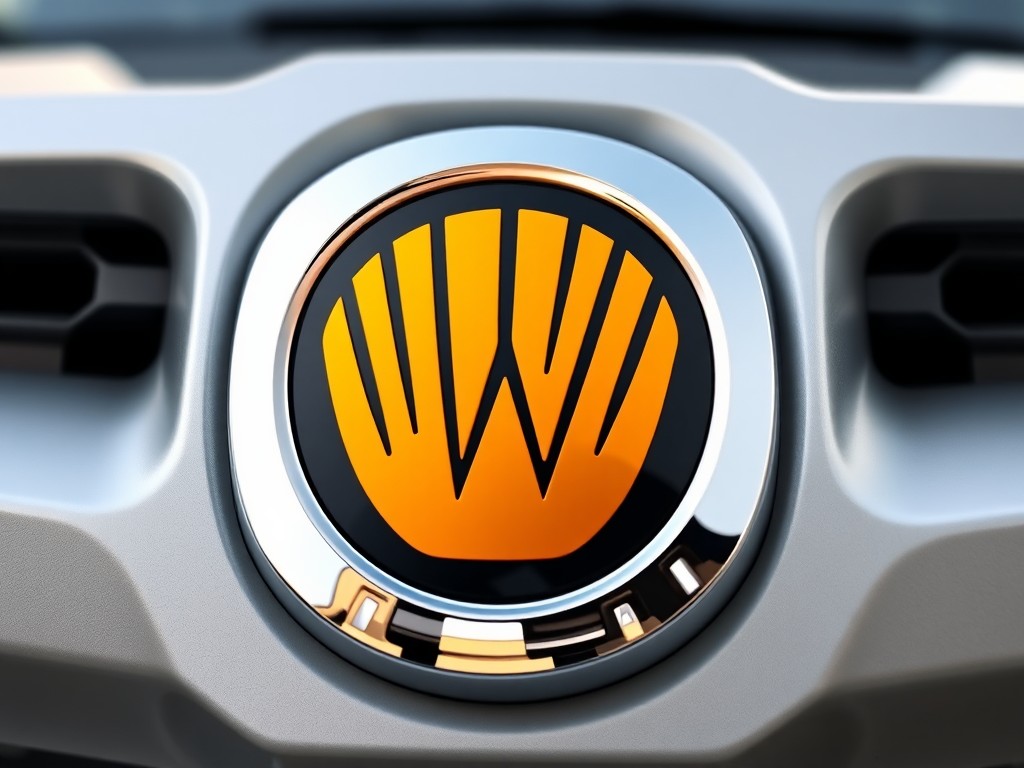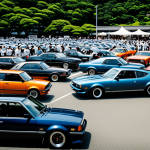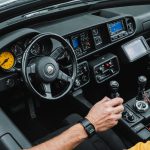Searching for the perfect towbar or trailer to pull your caravan or trailer? Or, perhaps you’re contemplating your vehicle’s capacity to tow a motorhome? While it may seem simple, there’s a myriad of factors to consider when selecting towing equipment. From understanding the weight your car can bear, to the specifications of the towbar, to the importance of a number plate and vehicle braking systems – your task stretches beyond merely finding a trailer that fits.
In this article, we will guide you through the process of choosing the right towing equipment for your British-manufactured vehicle. We will delve into the factors that can affect your choice and share some tips to ensure you select the optimal towing gear. So, let’s embark on this journey together.
This might interest you : What are the best shocks for off-road driving in UK-manufactured trucks?
Understanding Your Vehicle’s Towing Capacity
The first step in selecting the right towing equipment is understanding your vehicle’s towing capacity. The towing capacity is the maximum load your car can safely tow. It’s important because exceeding this limit can strain your vehicle’s engine and braking system, jeopardising your safety on the road.
The towing capacity is typically listed in the vehicle’s owner manual or on the manufacturer’s website. If you’re struggling to find this information, you can also reach out to the manufacturer directly. Remember, when it comes to towing, it’s always better to err on the side of caution. Always aim to tow less than your vehicle’s maximum towing capacity to avoid unnecessary strain on your car.
This might interest you : What type of wax should you use for a classic British sports car?
Selecting the Correct Towbar
Once you’ve established your vehicle’s towing capacity, the next step is to select a towbar that fits your car and meets your towing needs. In the UK, there are two main types of towbars – the flange type and the swan neck type. The flange type is the most common. It has a tow ball and a mounting plate, allowing you to attach various attachments, such as cycle carriers. The swan neck type, on the other hand, has a sleeker design but offers fewer attachment options.
Before purchasing a towbar, ensure it’s compatibility with your vehicle. This information is usually provided by the manufacturer or the retailer. Also, check the towbar’s maximum load capacity – it should align with your vehicle’s towing capacity.
Finally, ensure the towbar is fitted correctly on your vehicle. Incorrect installation can lead to poor performance and damage to your vehicle. If you’re unsure, consider hiring a professional to install it for you.
Choosing a Suitable Trailer or Caravan
The next crucial step is choosing a trailer or caravan that suits your towing needs and your vehicle’s capacity. Keep in mind that the weight of the loaded trailer or caravan should not exceed your vehicle’s towing capacity.
Consider factors such as the size, weight, and design of the trailer or caravan. You should also consider your personal needs. If you’re planning a family camping trip, a spacious caravan may be suitable. However, if you’re simply needing to transport goods, a smaller utility trailer would suffice.
Lastly, ensure the trailer or caravan is in good condition – check the tires, lights, and brakes. A faulty trailer or caravan can pose a risk not only to your vehicle but also to your safety on the road.
Considering the Role of Braking Systems
The braking system of your vehicle and trailer plays a crucial role in towing. When towing a trailer or caravan, your vehicle’s braking distance will increase. Therefore, it’s essential to have a trailer with an efficient braking system.
In the UK, it’s a legal requirement for trailers and caravans over a certain weight to have their own braking system. This is known as an overrun brake, which is activated when the tow vehicle slows down or stops.
When selecting a trailer or caravan, check if it has an effective braking system. Also, ensure your vehicle’s braking system is in good condition. Regular checks and maintenance are important for safe towing.
Importance of a Number Plate
Finally, don’t forget the importance of a number plate. In the UK, it’s a legal requirement to display a number plate on your trailer or caravan that matches the one on your towing vehicle. This is to ensure that if an incident occurs, the owner of the trailer can be easily identified.
You can get a number plate made up at a registered number plate supplier. Ensure it complies with the British standard, including the correct font, size, and colour.
Choosing the right towing equipment for your British-manufactured vehicle involves multiple considerations – from understanding your vehicle’s towing capacity, selecting the correct towbar, choosing a suitable trailer, considering the role of braking systems, to the importance of a number plate. By following these guidelines, you can ensure a safe and enjoyable towing experience.
Evaluating the Towing Gear and Safety Accessories
As you prepare to tow your caravan or trailer, it’s also crucial to evaluate your towing gear and safety accessories. The most important rule in towing is ensuring that your tow vehicle and trailer are connected in the safest way possible. Essential towing gear includes tow hitches, safety chains, and wiring harnesses for lights and brakes.
Tow hitches connect the trailer to the tow vehicle. They come in five classes, depending on the total weight of the trailer. Class I is for lighter loads up to 2000 pounds, while Class V can handle up to 10,000 pounds. The ideal hitch should correspond to your car’s towing capacity to ensure that your car can handle the weight of the trailer.
Safety chains provide a secondary connection between the towing vehicle and the trailer. In case the tow hitch fails, these chains keep the trailer attached to your vehicle, averting a dangerous situation. They should be crossed under the hitch in an "X" form to cradle the coupler if it disconnects.
The wiring harness plays a critical role in providing power to the lights and electric brakes of your trailer caravan. When the wiring harness is not functioning correctly, it might be impossible to signal other drivers when you’re stopping or turning, potentially causing an accident.
Additionally, other safety accessories like towing mirrors and breakaway switches are essential. Towing mirrors give the driver a better view of the trailer and surrounding areas. The breakaway switch, on the other hand, applies the trailer brakes automatically if the trailer disconnects from the tow vehicle while moving.
Avoiding Common Towing Mistakes
Towing a caravan trailer or motorhome comes with its unique set of challenges, and it’s easy to make mistakes, especially if you’re a novice. One common mistake is exceeding your vehicle’s towing capacity, which can lead to overheating, poor handling, or even break the transmission. Always respect your vehicle’s towing capacity to avoid these issues.
Another common error is improper loading of the trailer. An unevenly loaded trailer could sway, making it hard to control. The golden rule is to place 60% of the load over the front half of the trailer. This weight distribution will ensure the trailer is stable when being towed.
Additionally, failing to perform a pre-trip inspection can be a costly mistake. Before you hit the road, check all the connections, tire pressure, and ensure all lights are working. A simple pre-trip inspection can prevent unexpected issues on the road.
Conclusion
Choosing the right towing equipment for your British-manufactured vehicle may seem daunting, but with the right information and guidelines, it can be a straightforward process. The key is to understand your vehicle’s towing capacity, select the correct tow bar, choose a suitable trailer, ensure the braking systems are efficient, and display the correct number plate.
Additionally, remember the importance of the right towing gear, and don’t overlook the essential safety accessories like tow hitches, safety chains, and wiring harnesses. Always ensure your trailer is properly loaded to optimize stability, and never skip a pre-trip inspection.
By following these steps, you’ll be poised to have a safe and enjoyable experience while flat towing your caravan trailer or motorhome. Remember, when it comes to towing, safety should always be your top priority. Happy towing!
















